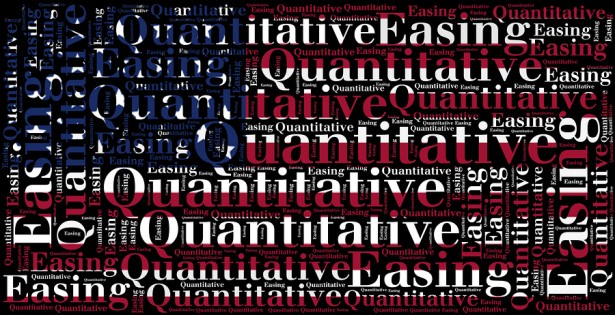Last week, the markets essentially tanked. The S&P 500 retracted its year-to-date gains, the Treasury bonds had a flash crash, the Dow Jones collapsed a few hundred points, though it regained those losses Friday, and emerging markets hurt United States investors. It was bad news for those on Wall Street.
This drop comes as the Federal Reserve continues to scale back its third round of its aggressive quantitative easing program – an initiative of monthly bond purchases and record-low interest rates. With declines, there has been speculation of the U.S. central bank reversing its tapering or launching a fourth edition of QE.
One top Fed policymaker is calling for patience, despite the market volatility occurring now.

Boston Fed President Eric Rosengren told Reuters in an interview that the Fed needs to be patient regarding its policy stimulus and suggests the central bank to raise interest rates when economic conditions finally improve.
Although he believes analysts should take a wait-and-see approach to the fallout of last week’s substantial reductions, Rosengren thinks the U.S. could see an environment in 2016 when interest rates stay at zero. He also didn’t rule out the possibility of another round of QE.
It wasn’t only the U.S. to see significant week-long drops. Markets in Europe, China and Japan underwent moderate financial turmoil. Investors had remained concerned over the entire weekend and futures traders bet that the Fed wouldn’t hike rates until the end of next year.
“Patient monetary policy probably makes sense. Certainly the events of the last couple of weeks probably give some credence to thinking about being patient as well as trying to process some of the movements we’re seeing,” Rosengren told the news outlet. “If it starts looking like what we’re seeing in financial markets is reflective of more underlying, real trends then there is reason for being more patient (on policy). I don’t think we have that evidence today.”
In other words, the Fed’s attention should focus on weaknesses in inflation and wages as opposed to the peaks and valleys of stock markets. Volatility, according to Rosengren, will not revise the Fed’s policy course.
Late last week, St. Louis Fed Bank President James Bullard told CNBC that the central bank may want to persist in its bond-buying stimulus for the time being, citing a dip in inflation.
We reported last week that Dallas Federal Bank President Richard Fisher said in an interview with Fox Business Network that it’s too premature to start discussing another round of QE – again, he didn’t rule out the possibility.
“As we’ve been saying for a long time, we’ve already fed the market too much Ritalin,” said Fisher. “And now [with the tapering] the market is correcting itself without our involvement. It’s way too premature to talk about another QE because the market’s actually doing the work.”
Fed critics, who have been predicting that the Fed would either reverse its tapering efforts or introduce QE4, have persistently warned that the market fundamentals aren’t sound and are addicted to the monthly injections of cheap money. Therefore, without the training wheels, the markets would be teetering left and right.
During the Monday morning trading session, the Dow fell nearly 100 points.



